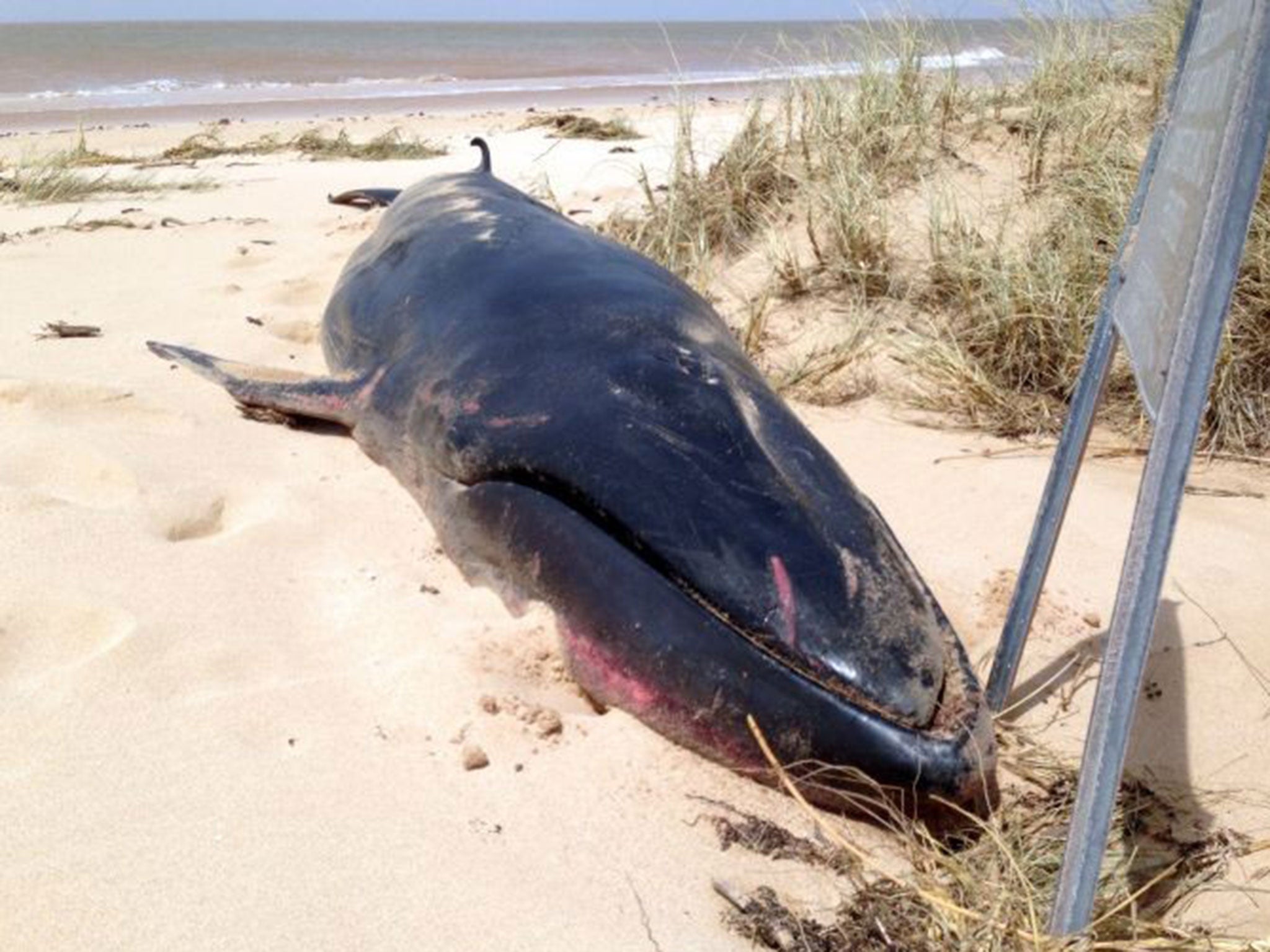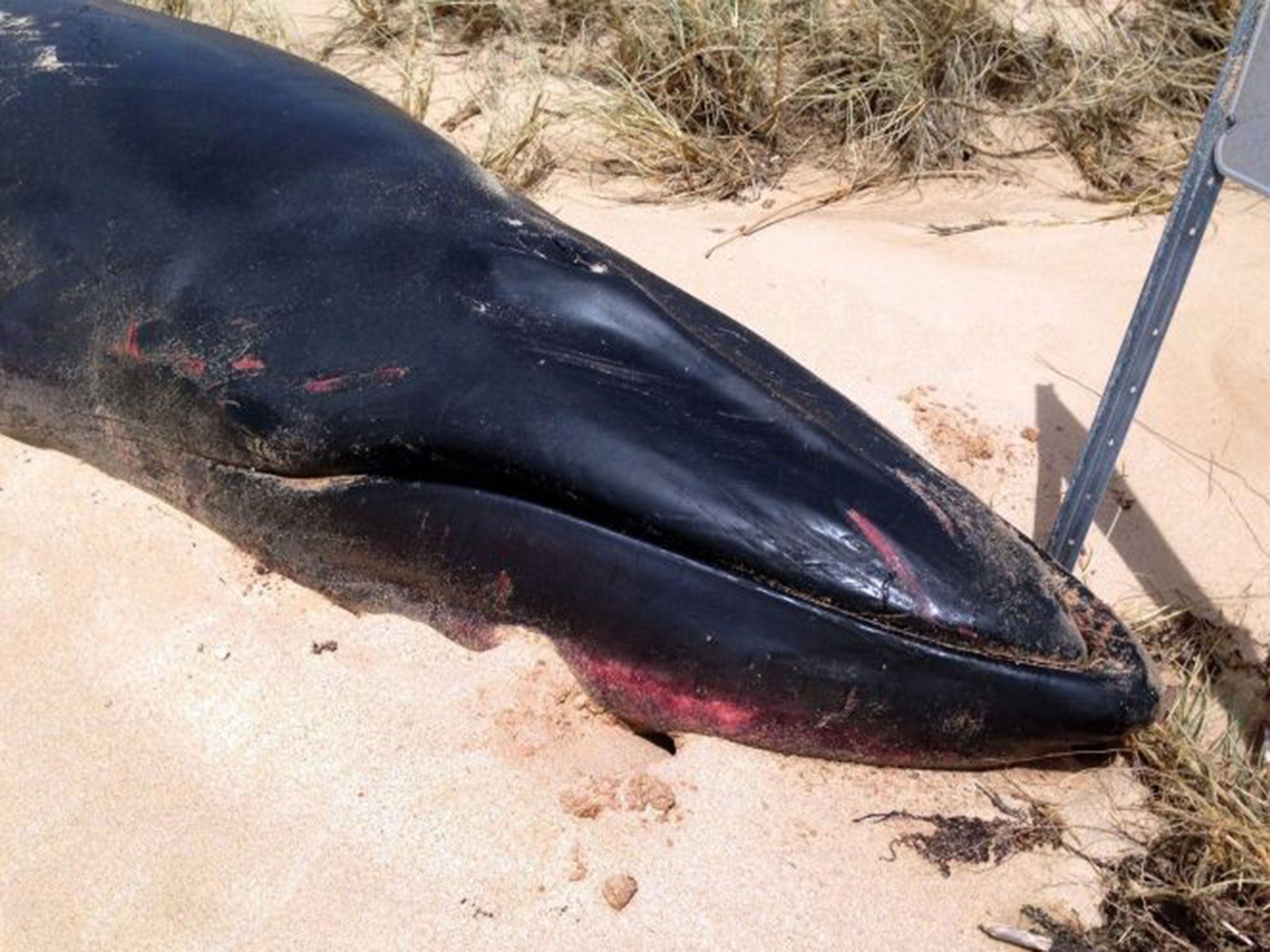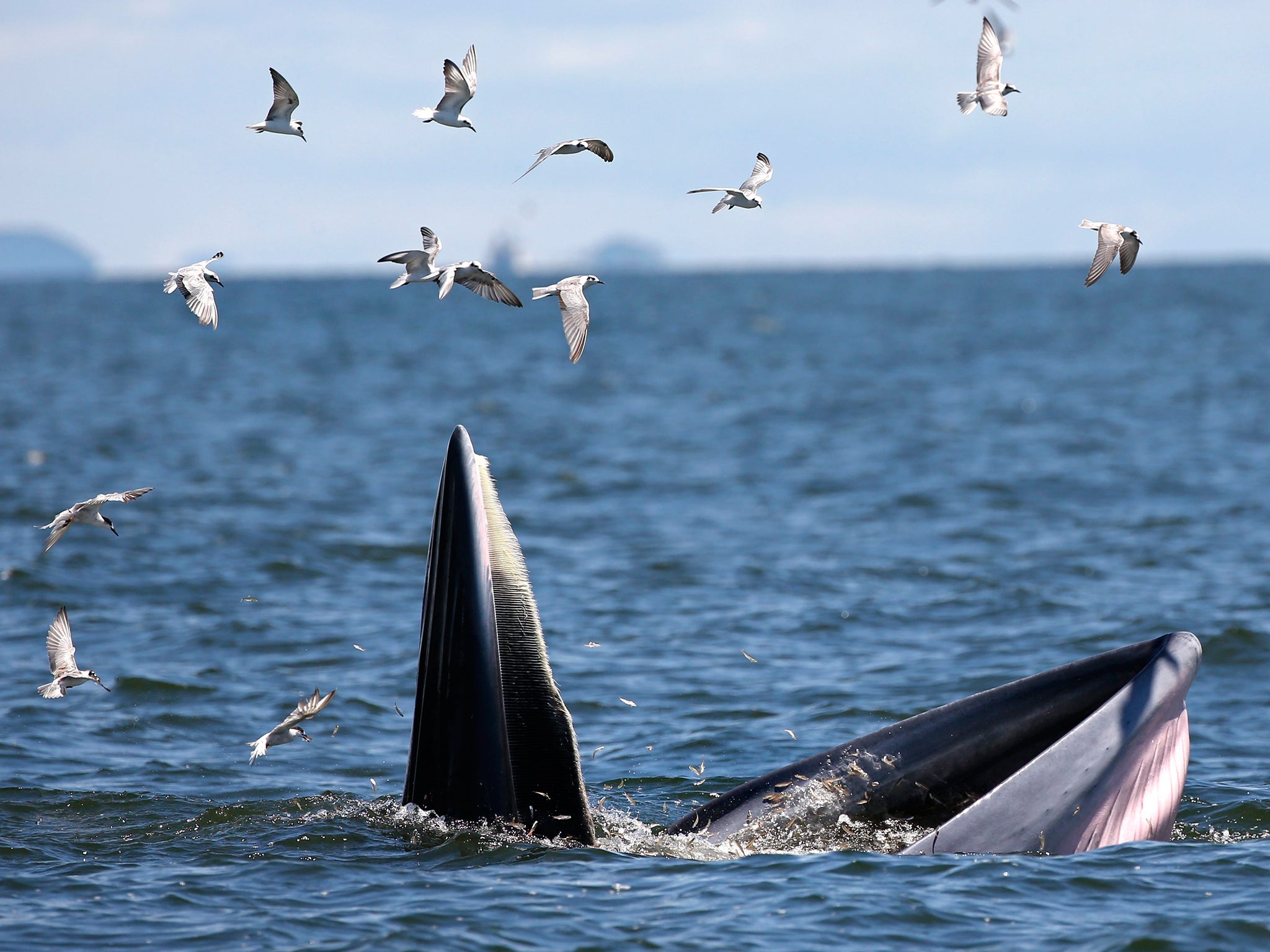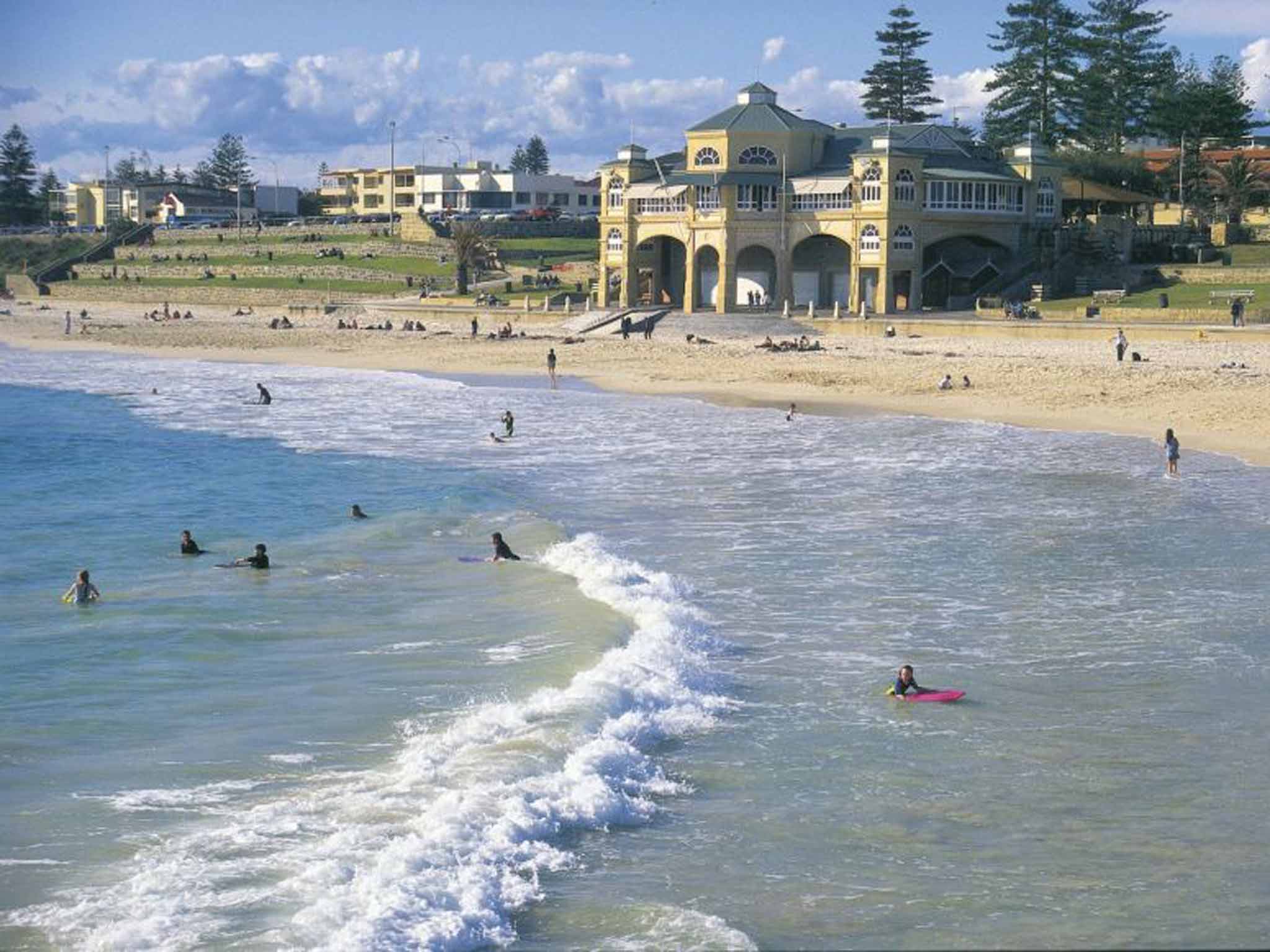Rare Omura's whale washed up on Australian beach could solve creature's mysteries
The species was defined in 2003 and only a handful have ever been seen

Your support helps us to tell the story
From reproductive rights to climate change to Big Tech, The Independent is on the ground when the story is developing. Whether it's investigating the financials of Elon Musk's pro-Trump PAC or producing our latest documentary, 'The A Word', which shines a light on the American women fighting for reproductive rights, we know how important it is to parse out the facts from the messaging.
At such a critical moment in US history, we need reporters on the ground. Your donation allows us to keep sending journalists to speak to both sides of the story.
The Independent is trusted by Americans across the entire political spectrum. And unlike many other quality news outlets, we choose not to lock Americans out of our reporting and analysis with paywalls. We believe quality journalism should be available to everyone, paid for by those who can afford it.
Your support makes all the difference.An extremely rare species of whale has been found washed up on an Australian beach, exciting scientists recording the second sighting ever in the country.
The carcass was found in Exmouth, Western Australia, last month on a remote stretch of sand following a tropical cyclone.
Albert Jacob, the state’s environment minister, said the Omura's whale was still a mystery to scientists.
“This find is highly significant for whale scientists in Western Australia and researchers globally because there have not been many recorded sightings of this species so very little is known about it,” he added.

“Omura’s whale was only described in scientific journals for the first time in 2003 and is apparently restricted to tropical and subtropical waters.”
The species is normally found well to the north of Australia in the western Pacific and eastern Indian oceans.
Research conducted on the whale carcass is hoped to improve identification of the species so its movements can be better understood.
Mr Jacob said: “Scientists know a fair bit about many whale species but this exciting discovery shows there is still so much more to learn in our oceans.”

The whale carcass was spotted in the wake of a storm surge caused by Severe Tropical Cyclone Olwyn, which caused extensive wind damage and flooding along the Western Australia coast.
The dead mammal was female and 5.7 metres (almost 19 feet) long, making it a juvenile. Adults reach double that size.
It has now been buried and officials plan to dig the skeleton up in several years’ time for further scientific investigation and possibly for public display in museums.
Local wildlife staff initially had difficulty identifying the Omura’s whale and resorted to DNA profiling.
The species has a streamlined body shape and unique skeletal features distinguishing it from other whales, including 53 vertebrae and four digits, instead of the usual five, on each pectoral fin.

Because of the Omura’s appearance, they are frequently wrongly identified as fin or Bryde’s whales.
It has only recently been classified as a separate species and only a dozen or so specimens have been genetically confirmed to be Omura's whales.
According to the Whale and Dolphin Conservation charity, “next to nothing” is known about their behaviour but they are thought to swim as solitary individuals or in pairs.
The number of them Omura’s whales in existence is also a mystery.
Join our commenting forum
Join thought-provoking conversations, follow other Independent readers and see their replies
Comments